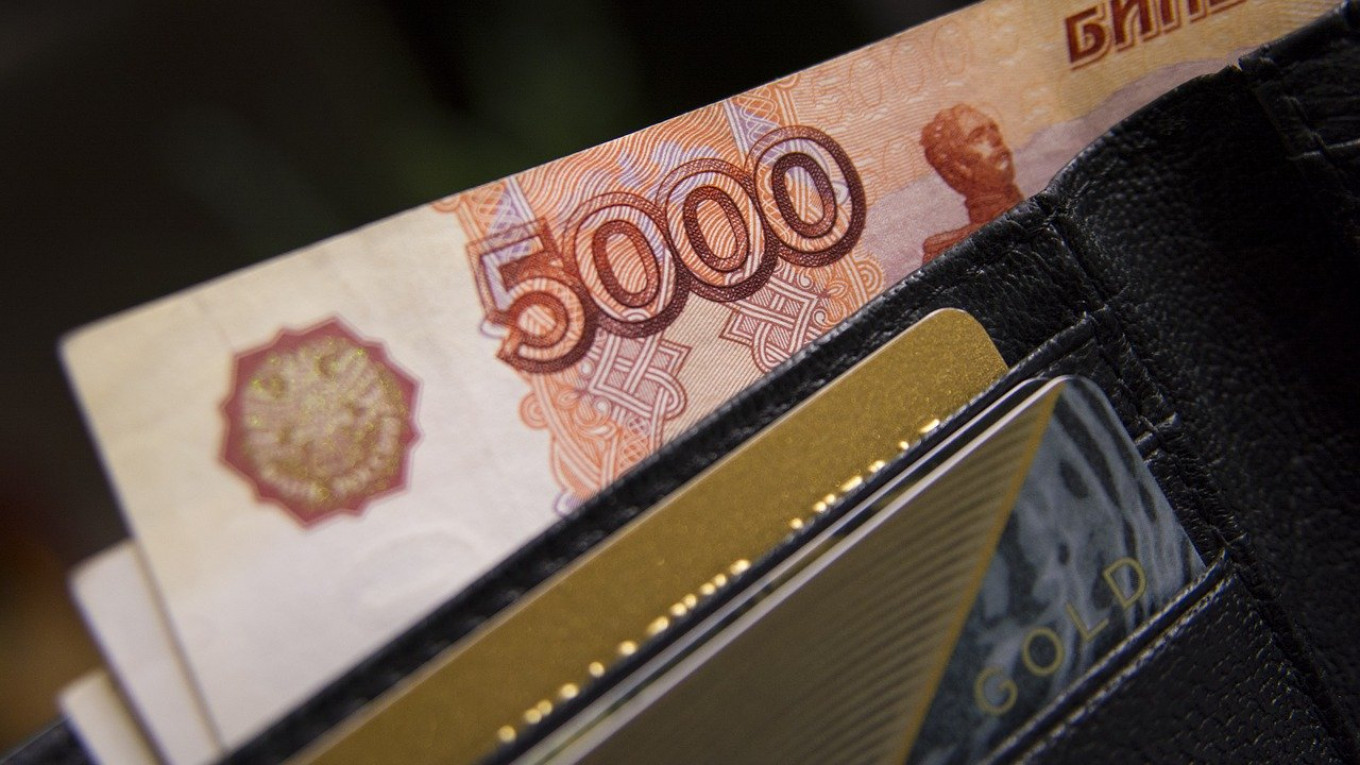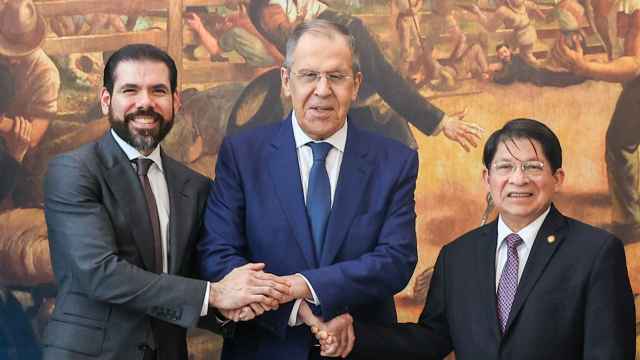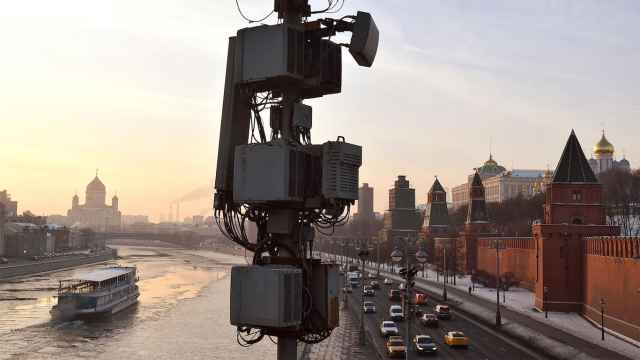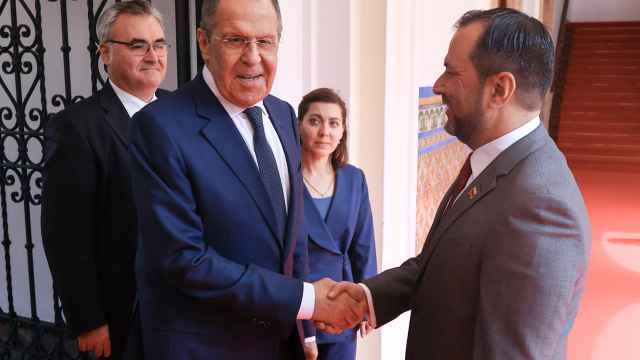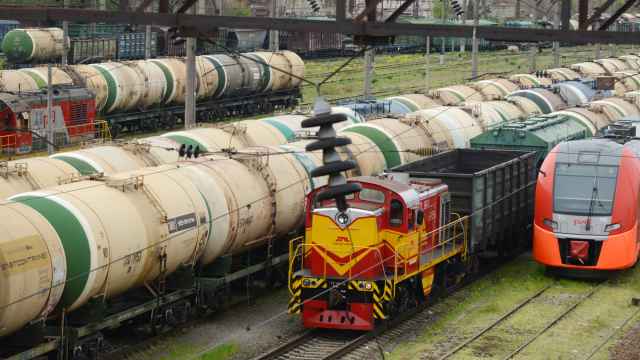Sanctions have helped reduce income inequality in Russia, a new study looking into the effects of both Western sanctions against Russia and Russia’s own counter-sanctions has said.
The U.S. and EU imposed sanctions against Russia in 2014 in response to Russia’s annexation of Crimea and support for pro-Russian separatists in Eastern Ukraine. In response, Russia introduced counter-sanctions blocking agricultural imports from the West.
The new research, published by the Bank of Finland Institute for Economies in Transition (BOFIT), says that income inequality — as measured by the Gini coefficient — in Russia was lower in 2016 than it would have been in a scenario where Russia was not under sanctions.
Author Gayane Barseghyan said that “smart sanctions” had successfully hit Russia’s wealthiest citizens, while Moscow’s tit-for-tat ban on Western food imports “boosted the domestic agricultural sector, resulting in higher agricultural productivity and farm worker incomes.”
The research highlighted a “decrease after 2013 in the shares of total income and consumption of the richest Russians ... while other groups experienced a relative increase.” As a result, “the sanctions and counter-sanctions programs reduced inequality on average by one percentage point annually,” Barseghyan said.
“This result can be explained by the adverse effects of smart sanctions on top income earners and improvements at the other end of the income distribution due to counter-sanctions leading to expansion of agricultural sector,” she added.
Despite the fall in inequality and agricultural boost, Barseghyan estimated that Russia’s overall GDP per capita was $1,337 per year — around 5% lower — between 2014-2017 as a result of sanctions.
A Message from The Moscow Times:
Dear readers,
We are facing unprecedented challenges. Russia's Prosecutor General's Office has designated The Moscow Times as an "undesirable" organization, criminalizing our work and putting our staff at risk of prosecution. This follows our earlier unjust labeling as a "foreign agent."
These actions are direct attempts to silence independent journalism in Russia. The authorities claim our work "discredits the decisions of the Russian leadership." We see things differently: we strive to provide accurate, unbiased reporting on Russia.
We, the journalists of The Moscow Times, refuse to be silenced. But to continue our work, we need your help.
Your support, no matter how small, makes a world of difference. If you can, please support us monthly starting from just $2. It's quick to set up, and every contribution makes a significant impact.
By supporting The Moscow Times, you're defending open, independent journalism in the face of repression. Thank you for standing with us.
Remind me later.


